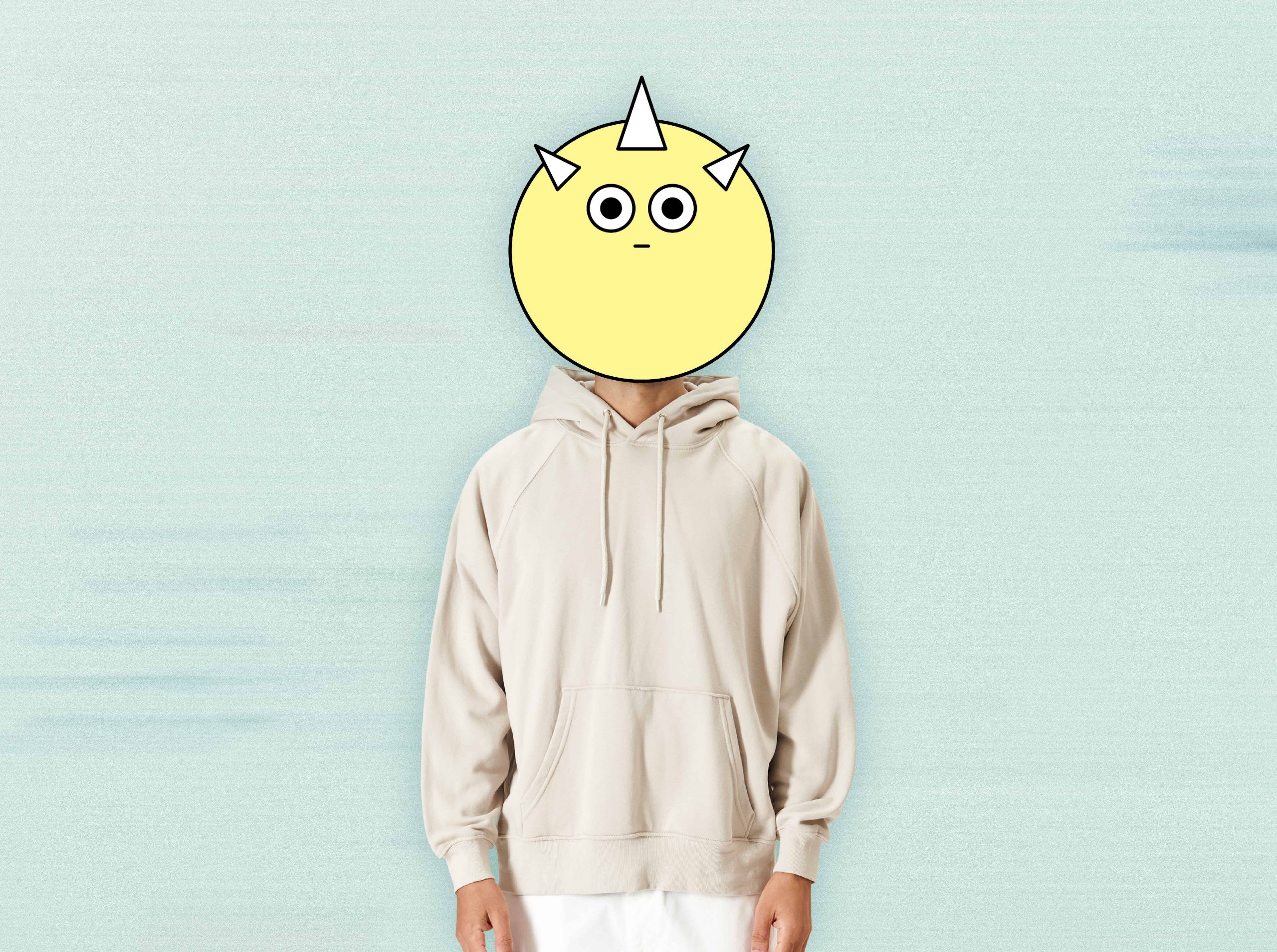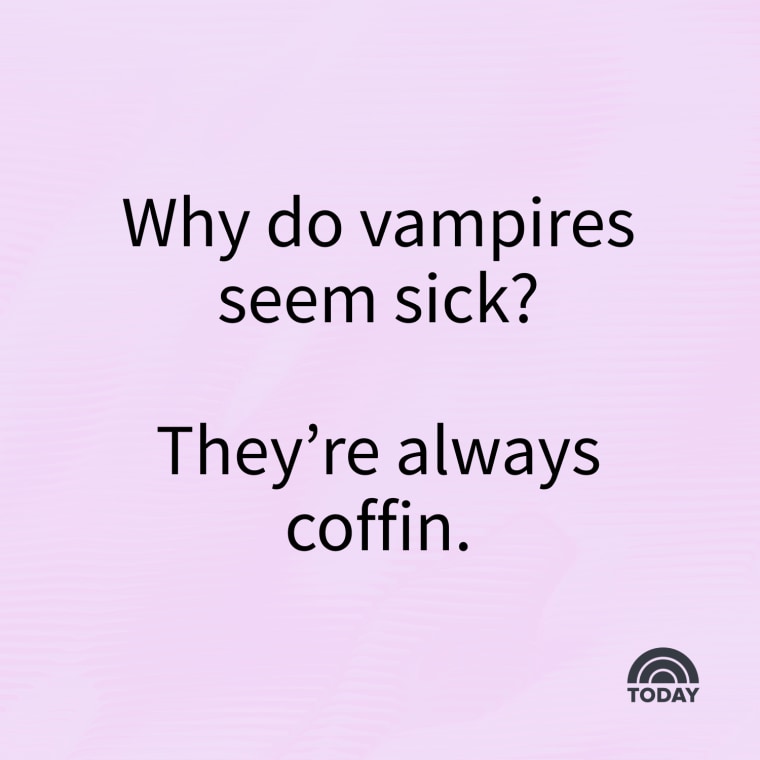Let’s be real here folks Dark humour is like that weird friend who shows up uninvited but ends up being the life of the party Orphan jokes in particular have this way of making us laugh while also questioning our humanity It’s like walking a tightrope between hilarity and guilt but hey that’s what makes it so damn intriguing right
Now before you go judging me or anyone else for enjoying this unconventional form of comedy let’s take a moment to understand why orphan jokes even exist Sure they might sound harsh on the surface but there’s a deeper layer to them that we’ll dive into later In this article we’ll explore the fascinating world of dark humour focusing specifically on orphan jokes and why they resonate with so many people
One thing’s for sure though this isn’t your run of the mill light-hearted comedy We’re talking about jokes that push boundaries challenge norms and sometimes leave you feeling a little uneasy And guess what that’s perfectly okay Embracing the complexity of dark humour can actually give us insight into our own psyche So buckle up because we’re about to embark on a journey through the twisted yet fascinating realm of orphan jokes
Read also:Connor Cruise Net Worth The Rising Stars Financial Journey
What Are Orphan Jokes Really?
Alright let’s get down to business Orphan jokes are essentially a subset of dark humour that revolves around the concept of orphans Now before you start thinking this is all doom and gloom let me tell ya these jokes have a way of making you laugh despite yourself They often use irony exaggeration or absurdity to highlight the tragic circumstances of orphans in a way that’s both shocking and hilarious
Why Do People Find Orphan Jokes Funny?
Here’s the thing about humour it’s subjective What one person finds hilarious another might find offensive And orphan jokes definitely fall into that grey area So why do some people find them funny Well for starters they often rely on unexpected twists or absurd scenarios that catch us off guard Our brains are wired to find patterns and when something breaks that pattern it can be surprisingly amusing
Dark Humour as a Coping Mechanism
Believe it or not dark humour including orphan jokes can actually serve as a coping mechanism for some people Life can be tough and sometimes the only way to deal with the harsh realities is to laugh at them Now I’m not saying everyone who enjoys these jokes is going through a rough patch but there’s definitely a psychological element to it Studies have shown that people who engage in dark humour tend to have higher levels of emotional resilience
How Dark Humour Helps Us Process Pain
Think about it this way when something painful happens in life it can feel overwhelming Dark humour allows us to take that pain and turn it into something manageable by laughing at it Now obviously this doesn’t work for everyone but for those who it does it can be a powerful tool for emotional healing Plus it’s a great way to bond with others who share the same sense of humour
The Psychology Behind Orphan Jokes
Let’s dive a little deeper into the psychology of orphan jokes Why do we find them funny when they’re rooted in such a tragic subject matter Well it all comes down to the way our brains process information When we hear a joke especially a dark one our brains go through a series of steps First we recognize the incongruity or the unexpected twist Then we process the information and finally we decide whether or not it’s funny
How Our Brains Process Dark Humour
Studies have shown that people who enjoy dark humour tend to have higher IQs and better coping skills This isn’t to say that you need to be a genius to appreciate orphan jokes but there’s definitely a cognitive element to it Our brains are constantly seeking patterns and when we encounter something that breaks those patterns it can be both surprising and amusing Plus let’s be honest sometimes it’s just fun to shock people with our twisted sense of humour
Read also:Unleash Your Creativity The Ultimate Guide To Acnl Town Names
The History of Dark Humour
Dark humour has been around for centuries dating back to ancient times when people used to make jokes about death war and other grim topics Orphan jokes may be a more modern take on this tradition but the underlying concept remains the same Throughout history people have used humour as a way to deal with difficult situations and dark humour is just one manifestation of that
How Dark Humour Has Evolved Over Time
Over the years dark humour has evolved alongside society What was considered funny in the past might not fly today and vice versa For example in the early 20th century jokes about orphans were more common because it was a reality that many people faced Today we’re more sensitive to these issues but that doesn’t mean dark humour has disappeared It’s just adapted to fit the times
Controversies Surrounding Orphan Jokes
Let’s talk about the elephant in the room Orphan jokes can be controversial and for good reason They touch on a sensitive topic that affects real people So why do some people still find them funny Well it all depends on context and intent If a joke is made in good fun and doesn’t aim to belittle or demean anyone then it’s more likely to be received positively But if it’s done with malice or insensitivity then it’s bound to cause offense
When Does Dark Humour Cross the Line?
Here’s the thing about dark humour it’s all about balance Sure you can push boundaries but you also have to be mindful of the impact your words have on others So when does it cross the line Well generally speaking if a joke makes someone feel uncomfortable or disrespected then it’s probably gone too far It’s important to remember that humour is subjective and what works for one person might not work for another
Dark Humour in Popular Culture
Dark humour has made its way into popular culture in a big way From TV shows like “Black Mirror” to movies like “Dr Strangelove” it’s become a staple of modern entertainment Orphan jokes may not be as mainstream but they definitely have their place in the world of dark humour They challenge us to think differently and sometimes that’s exactly what we need
Examples of Dark Humour in Media
Take for example the show “BoJack Horseman” which tackles heavy topics like depression addiction and trauma with a mix of dark humour and heartfelt moments Orphan jokes might not be explicitly featured but the show’s use of dark humour to address serious issues is a great example of how this type of comedy can be used effectively Plus let’s be real who doesn’t love a good BoJack quote
Is Dark Humour for Everyone?
Now here’s the million-dollar question Is dark humour including orphan jokes for everyone The answer is a resounding maybe Some people love it while others can’t stand it And that’s perfectly okay Everyone has their own sense of humour and what works for one person might not work for another The key is to be respectful of others’ boundaries and to recognize when a joke might not be appropriate
Tips for Navigating Dark Humour
If you’re thinking about dipping your toes into the world of dark humour here are a few tips to keep in mind First be mindful of your audience Not everyone is going to appreciate your twisted sense of humour Second know your limits Just because something might be funny to you doesn’t mean it’s appropriate in every situation And finally be prepared for some pushback Not everyone is going to get your jokes and that’s okay
Conclusion: Embracing the Complexity of Dark Humour
So there you have it folks a deep dive into the world of orphan jokes and dark humour While they may not be everyone’s cup of tea there’s no denying their impact on our culture and our psyche Orphan jokes challenge us to think differently laugh at our own discomfort and sometimes even find solace in the absurdity of life So the next time you hear one don’t be afraid to laugh just remember to do so respectfully
And hey if you enjoyed this article why not share it with a friend or leave a comment below Let’s keep the conversation going and maybe even spread a little dark humour around Who knows you might just brighten someone’s day
Table of Contents


